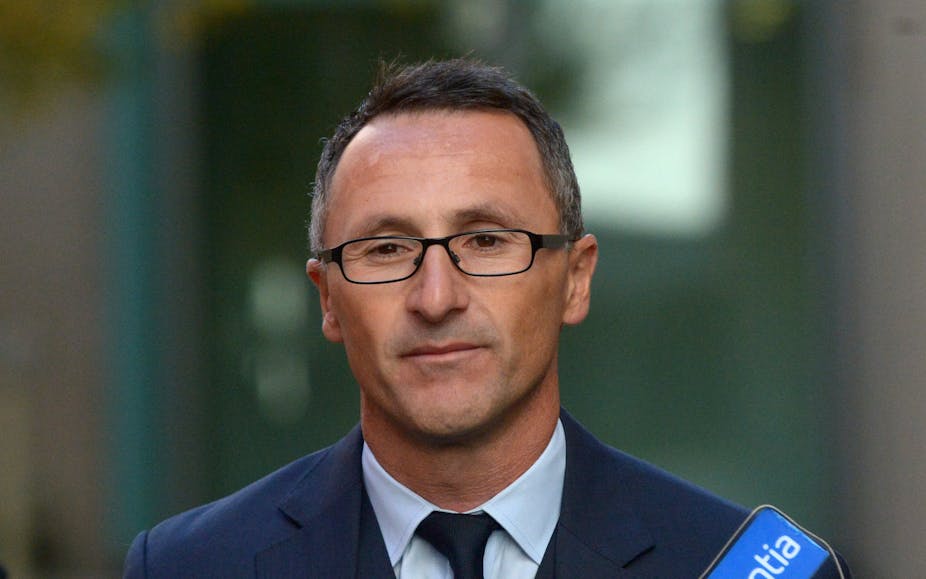Climate change should have been tackled and investment and jobs in the renewable energy sector protected in the budget, new Greens leader Richard Di Natale said in his budget reply.
Di Natale said the budget should have invested in health and public transport. It should have supported the most needy. Instead, it was “small-minded” and “visionless”, he told the Senate.
This budget could not be isolated from its predecessor – it cemented the “cruel foundations” laid in that one, maintaining and deepening funding cuts that put pressure on Australians. It “further entrenches the Abbott government’s unfair and ideological attack on communities”.
“Access to tertiary education remains on the chopping block, with fee deregulation still on the table despite outrage in our communities. Changes to the Family Tax Benefit system remain, putting even more financial pressure on parents around the country.
"The $80 billion slashed from health and education last year remains, with no indication about reversing these cuts that have caused stress around the country in our public hospitals and schools,” he said.
“Science and innovation continues to be under attack, with last year’s cuts made even deeper through further slashing of funding to Cooperative Research Centres, science funding and innovation. Investment in R&D in Australia is now at record lows.”
Di Natale challenged the government’s argument about the unsustainability of health spending. “Australia has a relatively efficient health system by international standards. We know this because Australia spends less as a percentage of GDP on health than the OECD average yet we achieve significantly higher than average health outcomes and life expectancy.”
But there was still significant scope to improve the efficiency of health care delivery, Di Natale said.
“Curbing wasteful spending, rewarding quality in primary care and removing ineffective subsidies all provide opportunities to get better value for precious taxpayer dollars.”
He said while it was encouraging that Health Minister Sussan Ley had embarked on some of these reforms, the budget locked in changes from last year’s budget “that ripped out $50 billion from hospitals, which can only mean longer waiting times in emergency departments and longer waiting times for necessary surgery”.

